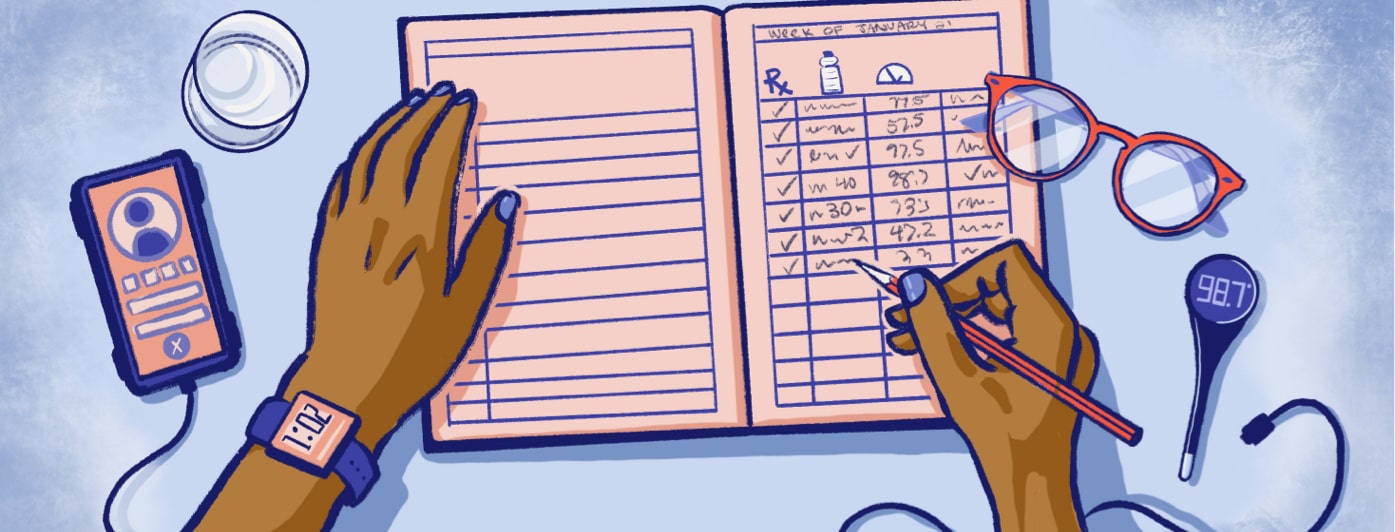Are You New To Caregiving?
I have had a chronic illness since the age of 5. I had a few people helping me on this journey, but I never knew these people had a name. Well, 60 years later, I find out they are called caregivers.
When it became my time to fill this role, I was a little confused. Since these were my parents, I thought I was just being a great daughter. But everywhere I turn, people used the word caregiver, so it stuck with me.
When I became a caregiver
When my mother fell and broke her hip, everything changed. She was 84, very independent, walked to the store, cooked and cleaned, etc. My father’s health started going downhill around age 80, but he still drove, did the shopping, and just did regular stuff. He had been diagnosed with two different cancers, chronic kidney disease, and a few other conditions, but he was still getting around well. My mother also had CKD.
They live 2 hours away from me, but I would visit them every other day. They both were taking around 18 medications a piece. One day I started asking them questions about their medications and they seem confused.
This was the day that a full-time caregiver was born. If you’re thinking about becoming a caregiver or if you are one now, it's important to be prepared. I was working when I first started but decided to retire early so I could give them my undivided attention.
Tips for new caregivers
To say I was confused would be an understatement. I felt like I was going through a loss. I’m watching my independent parents lose control of their lives. If you are new to caregiving, here are a few tips that I learned along the way.
Understand that they are going through a lot
Communicate and acknowledge what they are going through. There were days that I was driving hours a day and got consumed by just me. I didn’t think to ask how they both were handling these life-changing moments. Check in and ask how they are doing. They need to express their feelings and pain too, as they are the ones struggling. My father was still getting around just fine but decided that he wanted to do more. I understood they were both frightened.
Don't only talk about their health
Talk about things other than their medical situations. Ask about there their day, talk about family stuff, or just watch a movie together. It can bring much-needed relief that all of you need besides talking about medical stuff. This will also distract their mind from pain and symptoms. Remember laughter is the best medicine.
Take care of yourself, too
When you become a caregiver, it all falls on you. There are errands, laundry, cooking, cleaning, driving them to the ER and countless other appointments (in and out of town), finding other caregiving assistance, and basically anything else I needed, without ever asking for anything in return. Caregivers need to ensure that we don’t end up as a patient, too. As a caregivers begins to feel refreshed and healthier, they will become better equipped to deal with the physical and emotional rollercoaster of the patient’s needs which in turn will have a positive impact on the patient.
Of course, no one would choose to have the role of a caregiver, any more than we choose to be a patient. We do it out of love, duty, and commitment to supporting our loved ones.

Join the conversation